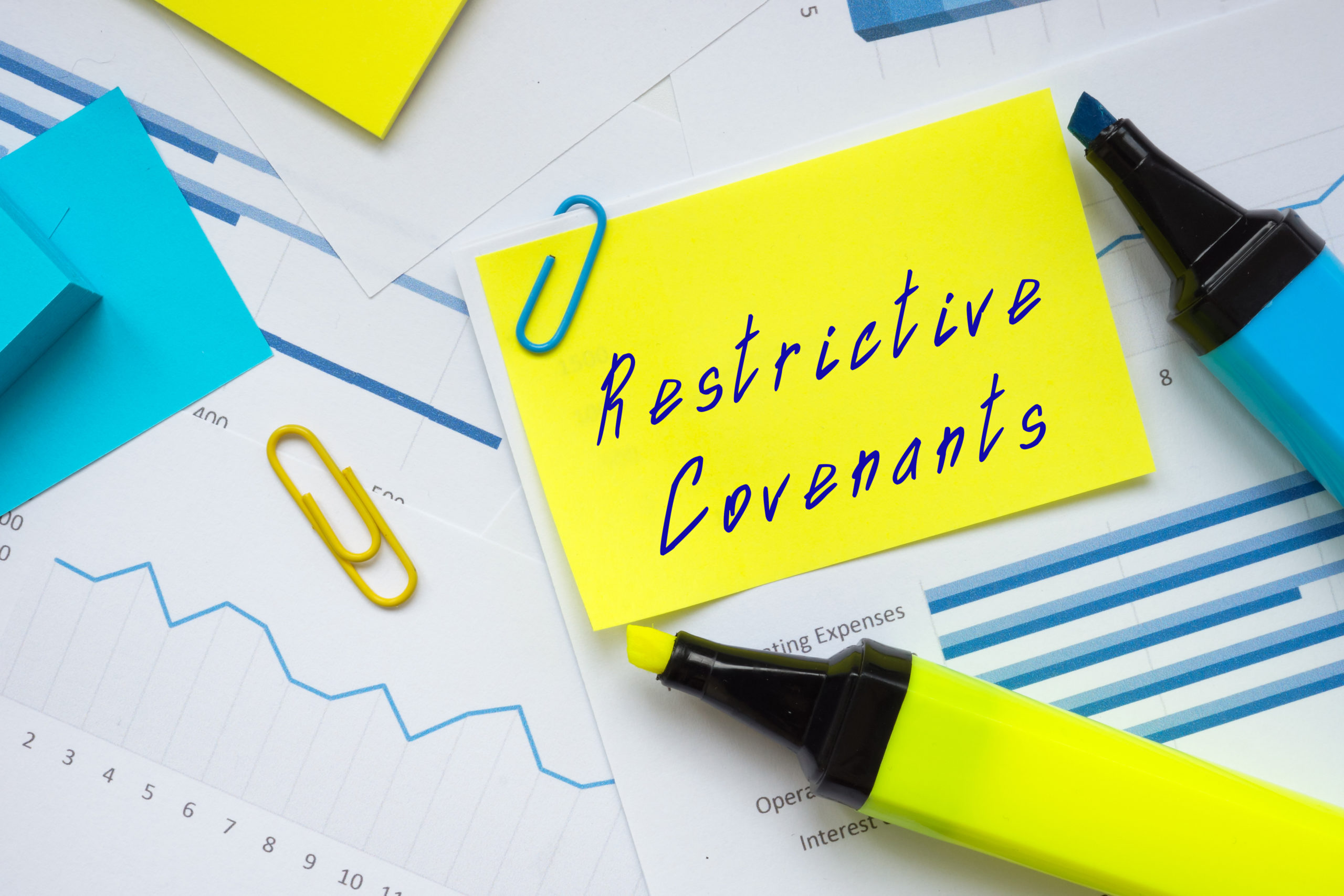How can Employers support their Muslim Employees throughout Ramadan?
Yesterday evening marked the beginning of the holy month of Ramadan. This year fasting starts around 4.30am and lasts until just after 6.00pm. For Muslims around the world, Ramadan isn’t just about fasting but reflection, prayer, and community. Recognising and accommodating the needs of employees observing Ramadan is not only a reflection of a respectful and inclusive workplace culture but also enhances employee well-being and engagement. Here, Adam Pavey offers his advice on how employers can support their Muslim employees throughout Ramadan.
Understanding Ramadan
Ramadan is the ninth month of the Islamic lunar calendar and is considered one of the holiest months for Muslims. It is a period of fasting from dawn until sunset, intended to bring the faithful closer to God and to remind them of the suffering of those less fortunate. Fasting during Ramadan is one of the Five Pillars of Islam, making it a significant act of worship. Employees observing Ramadan may also engage in additional prayers, charitable acts, and community activities.
The Importance of Supporting Employees During Ramadan
Supporting employees during Ramadan is not just about legal compliance; it’s about fostering a workplace culture that values diversity and inclusion. By acknowledging and accommodating the observances of Ramadan, employers can improve morale, increase employee engagement. It demonstrates a commitment to employee well-being and respect for their beliefs and practices.
Practical Tips for Employers
- Flexible Working Hours: Consider offering flexible working arrangements, such as adjusted start and end times, to accommodate employees who are fasting. This can help them manage their energy levels and fulfil their religious obligations more comfortably.
- Remote Work Options: If possible, offer the option to work from home. This can be particularly helpful for employees observing Ramadan, allowing them to manage their schedules more effectively around fasting and prayer times.
- Quiet Spaces: Provide a quiet space for prayer and reflection. This can be a dedicated prayer room or a quiet, private area that employees can use when needed.
- Awareness and Sensitivity: Educate your workforce about Ramadan to promote understanding and respect among all employees. This could be through informational sessions, internal communications, or workshops.
- Support with Workload and Meetings: Be mindful of the energy levels of employees who are fasting and try to avoid scheduling important meetings or deadlines during this time, especially late in the afternoon when energy levels might be lower.
- Inclusive Celebrations: Consider hosting an iftar (the meal to break the fast) towards the end of Ramadan, to celebrate with your employees and promote inclusivity. Ensure that food and drink options respect Islamic dietary laws.
Conclusion
Supporting employees during Ramadan is a meaningful way to show respect for their beliefs and practices. It not only benefits employees observing Ramadan but also enhances the overall workplace culture, promoting inclusivity and respect. By implementing some of the practical tips outlined above, employers can make a significant difference in the lives of their employees, fostering a supportive and inclusive environment for everyone.
As employment law continues to evolve, it’s crucial for employers to stay informed and proactive in supporting diversity and inclusion within their organizations. By doing so, they not only comply with legal obligations but also build a stronger, more cohesive workforce.
[This blog is intended to give general information only and is not intended to apply to specific circumstances. The contents of this blog should not be regarded as legal advice and should not be relied upon as such. All liability is excluded Readers are advised to seek specific legal advice.]
By Adam Pavey















































































